Nauroy P, Guiraud A, Chlasta J, Malbouyres M, Gillet B, Hughes S, Lambert E, Ruggiero F. Matrix Biology
Abstract
How some animals regenerate missing body parts is not well understood. Taking advantage of the zebrafish caudal fin model, we performed a global unbiased time-course transcriptomic analysis of fin regeneration. Biostatistics analyses identified extracellular matrix (ECM) as the most enriched gene sets. Basement membranes (BMs) are specialized ECM structures that provide tissues with structural cohesion and serve as a major extracellular signaling platform. While the embryonic formation of BM has been extensively investigated, its regeneration in adults remains poorly studied. We therefore focused on BM gene expression kinetics and showed that it recapitulates many aspects of development. As such, the re-expression of the embryonic col14a1a gene indicated that col14a1a is part of the regeneration-specific program. We showed that laminins and col14a1a genes display similar kinetics and that the corresponding proteins are spatially and temporally controlled during regeneration. Analysis of our CRISPR/Cas9-mediated col14a1a knockout fish showed that collagen XIV-A contributes to timely deposition of laminins. As changes in ECM organization can affect tissue mechanical properties, we analyzed the biomechanics of col14a1a-/- regenerative BM using atomic force microscopy (AFM). Our data revealed a thinner BM accompanied by a substantial increase of the stiffness when compared to controls. Further AFM 3D-reconstructions showed that BM is organized as a checkerboard made of alternation of soft and rigid regions that is compromised in mutants leading to a more compact structure. We conclude that collagen XIV-A transiently acts as a molecular spacer responsible for BM structure and biomechanics possibly by helping laminins integration within regenerative BM.

Download the full version!

Discover our other publications
Stiffness measurement is a biomarker of skin aging in vivo
Runel G, Cario M, Lopez-Ramirez N, Malbouyres M, Ruggiero F, Bernard L, Puisieux A, Caramel J, Chlasta J, Masse I.
Biomechanical Properties of Cancer Cells
Gradient in cytoplasmic pressure in germline cells controls overlying epithelial cell morphogenesis
Lamiré L-A, Milani P, Runel G, Kiss A, Arias L, Vergier B, de Bossoreille S, Das P, Cluet D, Boudaoud A, Grammont M. November 30, 2020.
Changes in nano-mechanical properties of human epidermal cornified cells depending on their proximity to the skin surface
Milani P, Chlasta J, Abdayem R, Kezic S, Haftek M. J Mol Recognit. 22 mai 2018;e2722.
Variations in basement membrane mechanics are linked to epithelial morphogenesis
Chlasta J, Milani P, Runel G, Duteyrat JL, Arias L, Lamiré LA, Boudaoud A, Grammont M. Development 2017 : doi: 10.1242/dev.152652
Stromal protein βig-h3 reprogrammes tumour microenvironment in pancreatic cancer
Goehrig D, Nigri J, Samain R, Wu Z, Cappello P, Gabiane G, Zhang X, Zhao Y, Kim IS, Chanal M, Curto R, Hervieu V, de la Fouchardière C, Novelli F, Milani P, Tomasini R, Bousquet C, Bertolino P, Hennino A.
Mechanical Shielding in Plant Nuclei
Goswami R, Asnacios A, Milani P, Graindorge S, Houlné G, Mutterer J, Hamant O, Chabouté M-E.

